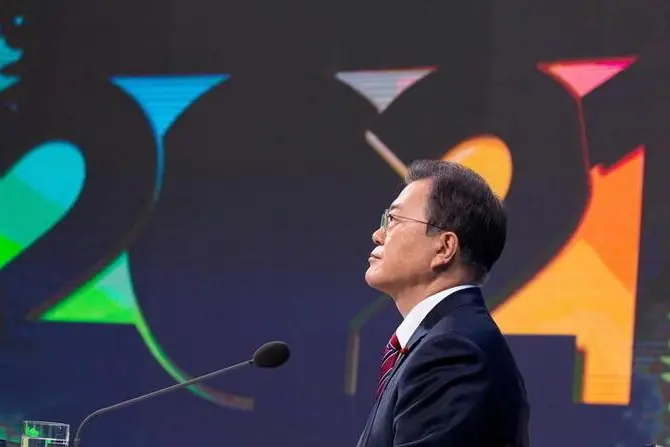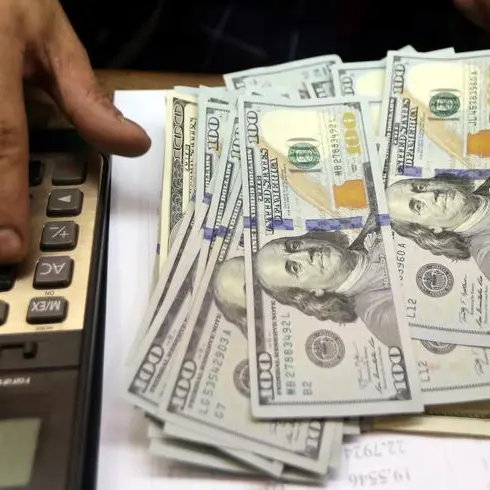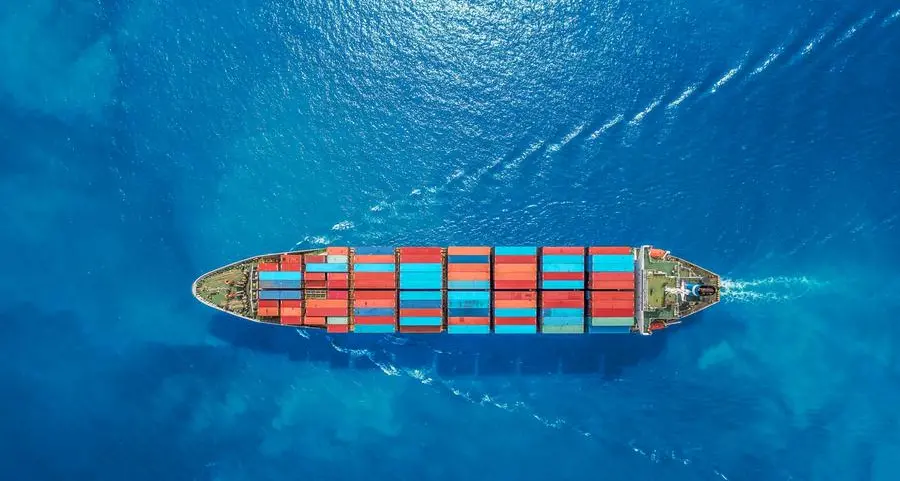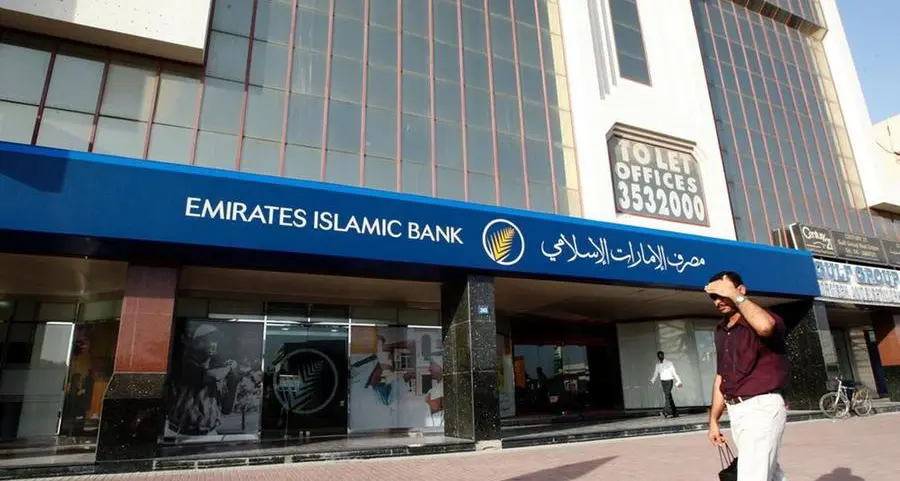PHOTO
(The author is a Reuters Breakingviews columnist. The opinions expressed are her own.)
HONG KONG - Capitalist South Korea is dabbling deeper in socialism. President Moon Jae-in likes the idea of the country’s corporate titans sharing their pandemic profit with struggling smaller peers. Longer-term fixes deserve more attention.
Powerful conglomerates dominate the affluent and pro-business economy. The chaebol, including Samsung and Hyundai, represented just 0.3% of all South Korean companies in 2019, but accounted for well over half of total operating profit, according to official figures.
The imbalance has contributed to a "K-shaped" recovery, where different parts of the $1.6 trillion economy are improving at vastly different rates. It is expected to grow 3.8% this year, according to Fitch Ratings, thanks largely to exporters that have prospered despite Covid-19. Social distancing measures also have helped pad the bottom lines for hot technology firms such as food delivery outfit Woowa Brothers and messaging app Kakao.
At the same time, unemployment is rising. In January, it reached a 21-year high of 5.4%, with nearly 1 million jobs lost from a year earlier. Workers in hospitality, retail and restaurants, which are typically mom-and-pop operations, have been hit hardest. For Moon, who promised new jobs and higher wages, it’s politically difficult.
The left-leaning leader already pledged 310 trillion won ($278 billion) of fiscal stimulus last year and is now preparing a fresh Covid-19 relief package for small businesses. On top of targeted handouts, Moon wants to go further. During a virtual Davos address last month, he said his administration was working with the legislature to develop a plan that would provide incentives for big companies to voluntarily spread their wealth.
Moon said “more wisdom” is needed to work out the details, but the idea already has sparked backlash across Korea Inc, which pays income tax rates as high as 27.5%. Brainpower and political capital could be better invested. Tightening up porous social safety nets, another of Moon’s policy goals, warrants greater attention. For example, business owners, delivery drivers and other self-employed individuals don't qualify for unemployment insurance even though they make up roughly a quarter of the workforce. Expanding that programme, along with other education and job-training schemes, would go a longer way toward narrowing income inequality gaps.
CONTEXT NEWS
- South Korea’s unemployment rate jumped to 5.4% in January, the highest since 1999, according to official data released on Feb. 10. The number of employed declined by 982,000 during the month from a year earlier, the fastest pace since 1998, as Covid-19 distancing measures hurt businesses mostly in the services sector.
- Workers at retailers, accommodation facilities and restaurants were the hardest hit, losing 586,000 jobs from a year earlier.
- In a Jan. 27 speech at the World Economic Forum’s Davos Agenda event, President Moon Jae-in said his administration and the legislature were discussing a plan where the government “provides strong incentives” to companies that prospered during the pandemic to share profit with struggling peers.
(The author is a Reuters Breakingviews columnist. The opinions expressed are her own.)
(Editing by Jeffrey Goldfarb and Sharon Lam) ((robyn.mak@thomsonreuters.com; Reuters Messaging: robyn.mak.thomsonreuters.com@reuters.net))












